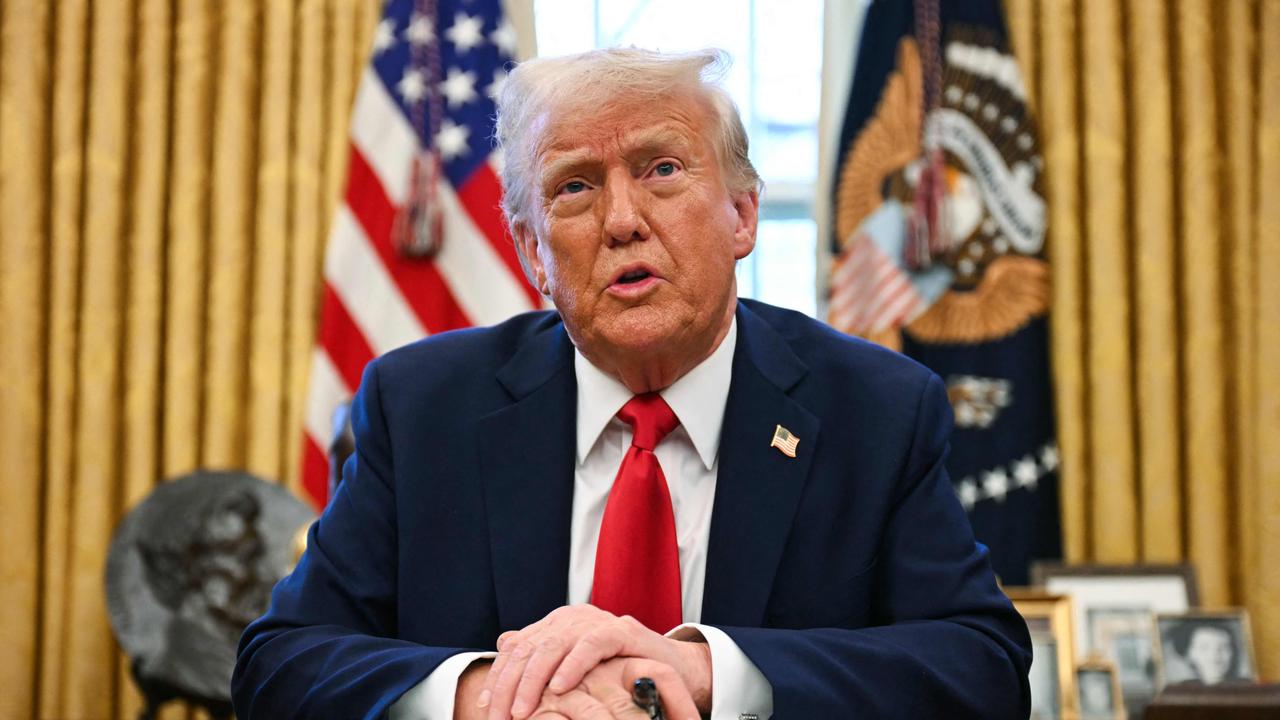Harris and the first amendment
The Supreme Court rebuked her use of lawfare in California.

We keep looking for an issue, any issue, on which Kamala Harris differs with the Democratic left, but we keep coming up empty. That includes her party’s use of lawfare against political opponents, as an episode while she was California Attorney General reminds us.
Ms. Harris made headlines a decade ago by threatening to punish nonprofit groups that refused to turn over unredacted donor information. She demanded they hand to the state their federal IRS Form 990 Schedule B in the name of discovering “self dealing” or “improper loans.” The real purpose was to learn the names of conservative donors and chill future political giving—that is, political speech.
Her bullying came amid the Internal Revenue Service’s notorious targeting of conservative nonprofits; Wisconsin’s probe of GOP donors; Illinois Sen. Dick Durbin’s intimidation of donors to the American Legislative Exchange Council; and a campaign of harassment against donors who supported California’s Prop 8 (which banned same-sex marriage).
Free-market nonprofits challenged the Harris dragnet, suing the AG’s office in a case that went to the U.S. Supreme Court. In Americans for Prosperity Foundation v. Bonta in 2021, the High Court ruled 6-3 that the AG’s disclosure demand broke the law. The Court pointed out that a lower court had found not “a single, concrete instance in which pre-investigation collection of a Schedule B did anything to advance the Attorney General’s investigative, regulatory or enforcement efforts.”

The Court said California’s claim that it would protect donor information lacked credibility, since during the litigation plaintiffs discovered nearly 2,000 Schedule B forms “inadvertently posted to the Attorney General’s website.” It noted that the petitioners and donors faced “threats” and “retaliation.”
The Supreme Court said Ms. Harris’s policy posed a risk of chilling free-speech rights, and it cited its 1958 NAACP v. Alabama precedent, which protected First Amendment “associational” rights. Ms. Harris is citing her experience as state AG as a political asset, but the Bonta case is a warning to voters that she’s willing to use the law as a weapon against political opponents.
Lawfare has failed as a political strategy against Donald Trump while undermining public confidence in impartial justice. Ms. Harris’s record suggests she’ll continue down this abusive road.
The Wall Street Journal






